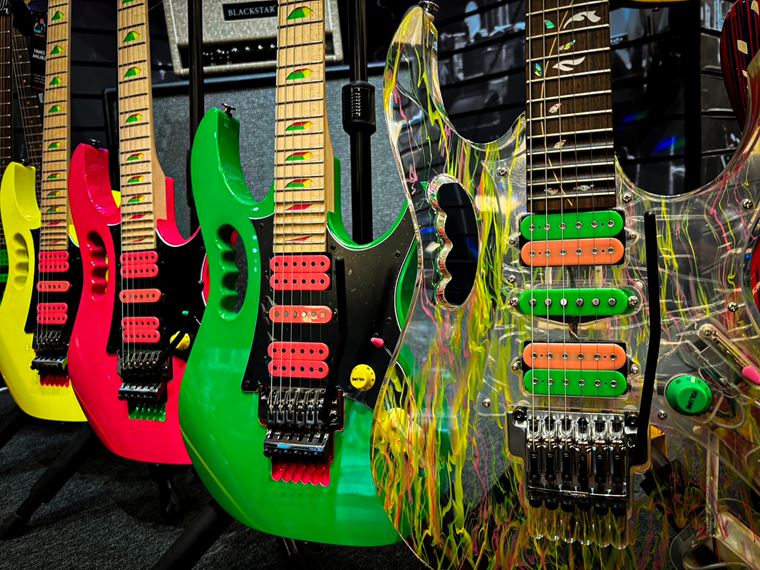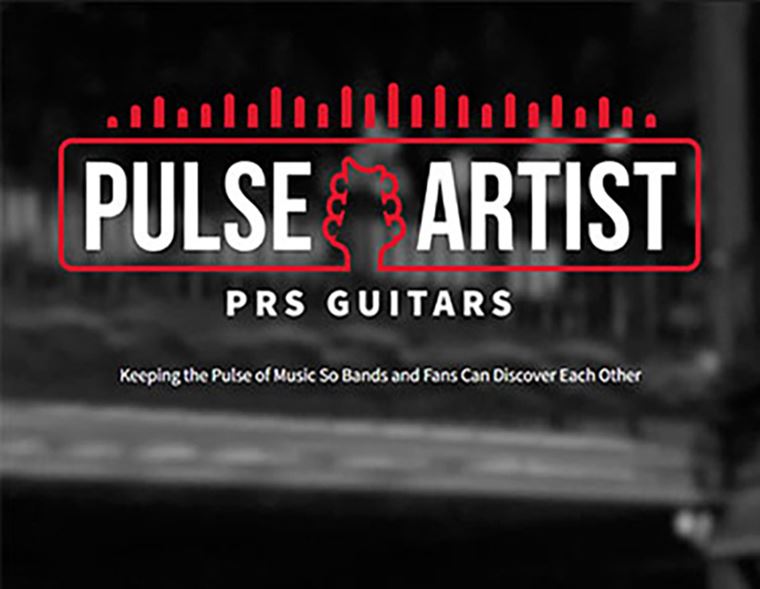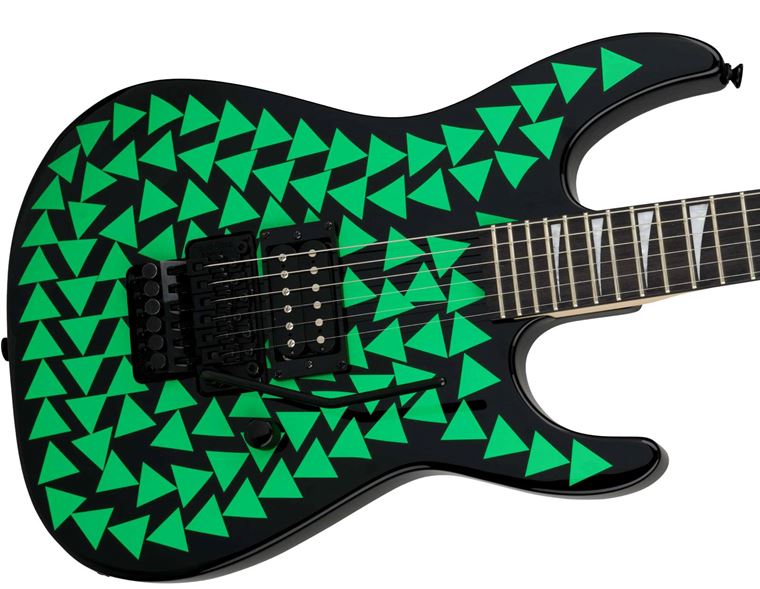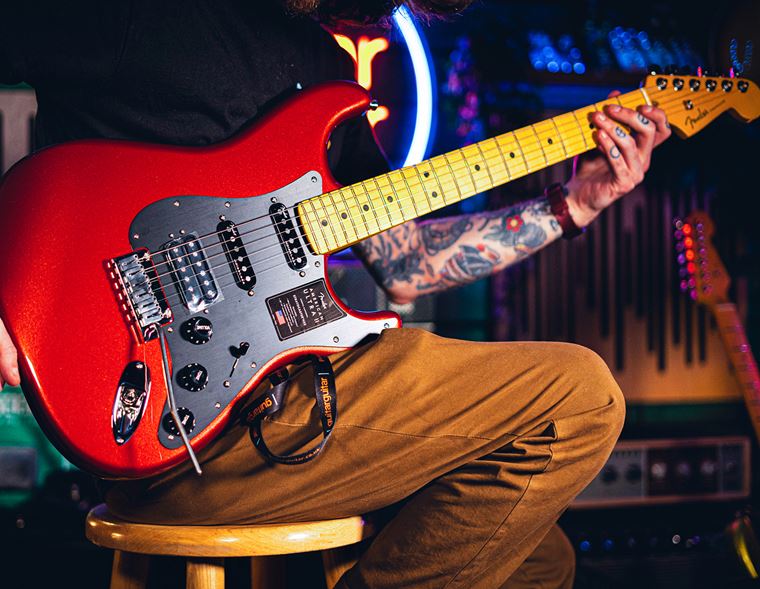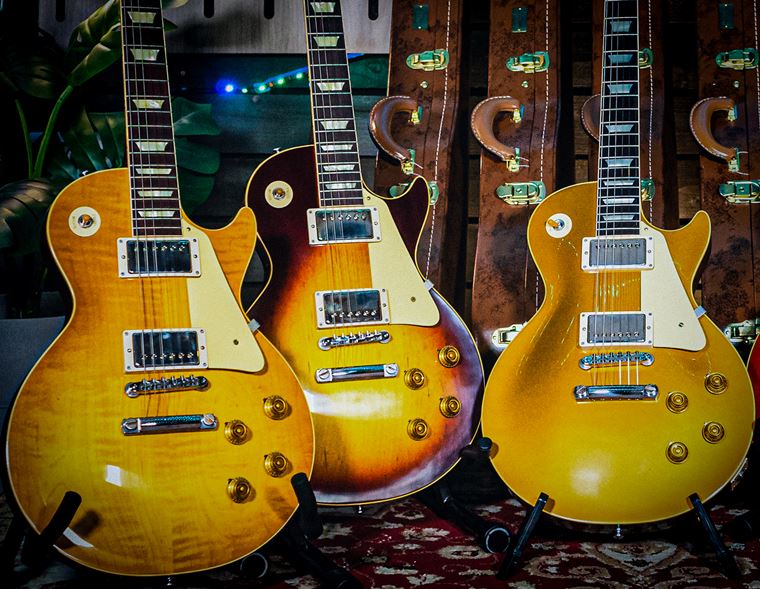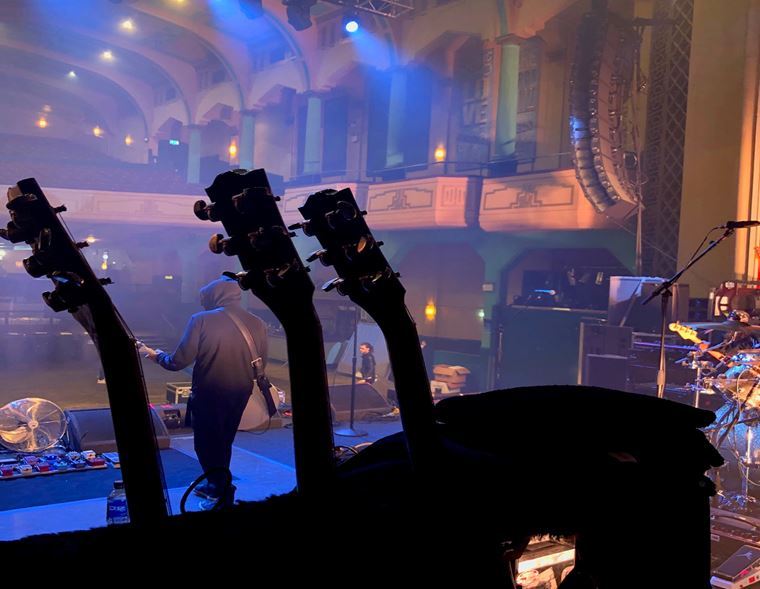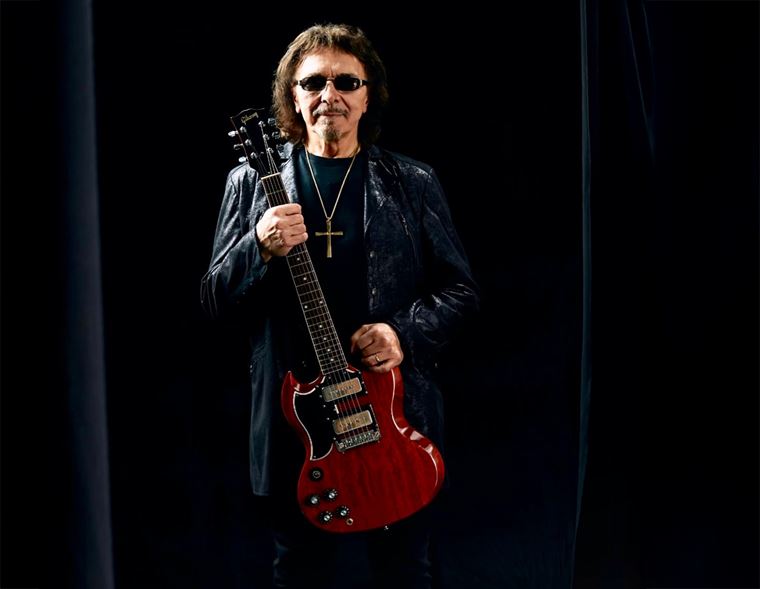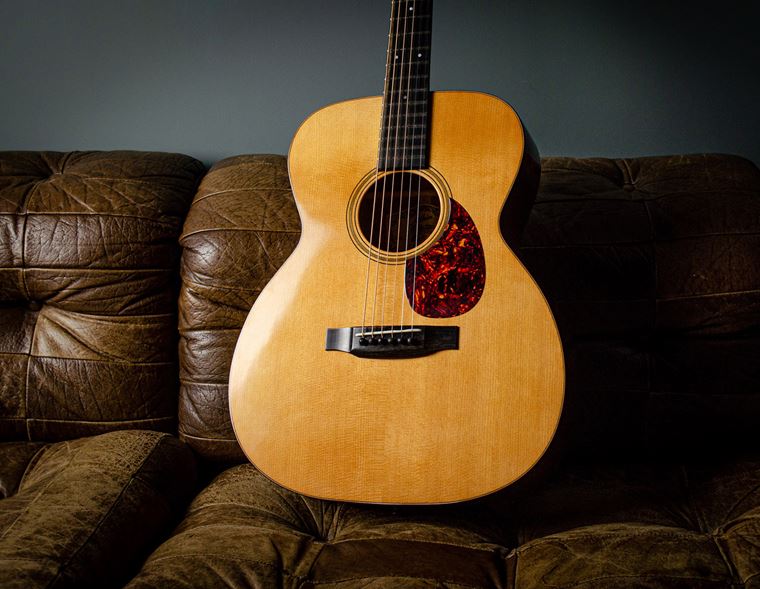Greatest Gretsch Guitar Riffs
Gretsch make real ‘riff’ guitars. Perhaps not full-on heavy metal riffs, but hard rockin’ riffs full of attitude and swagger. It’s built into the DNA of every Gretsch guitar, and it’s what sets them apart from other semi-acoustics out there.
Their solid guitars, too: the Jet is a riff machine extraordinaire, and this here blog today is set up to celebrate these riffzillas, featuring the greatest Gretsch-powered riffs in music. You’ll recognise these classics from all kinds of genres, and there may even be one or two that are new to you, so turn up your speakers and click each clip as you scan down this list of the best Gretsch riffs…ever!
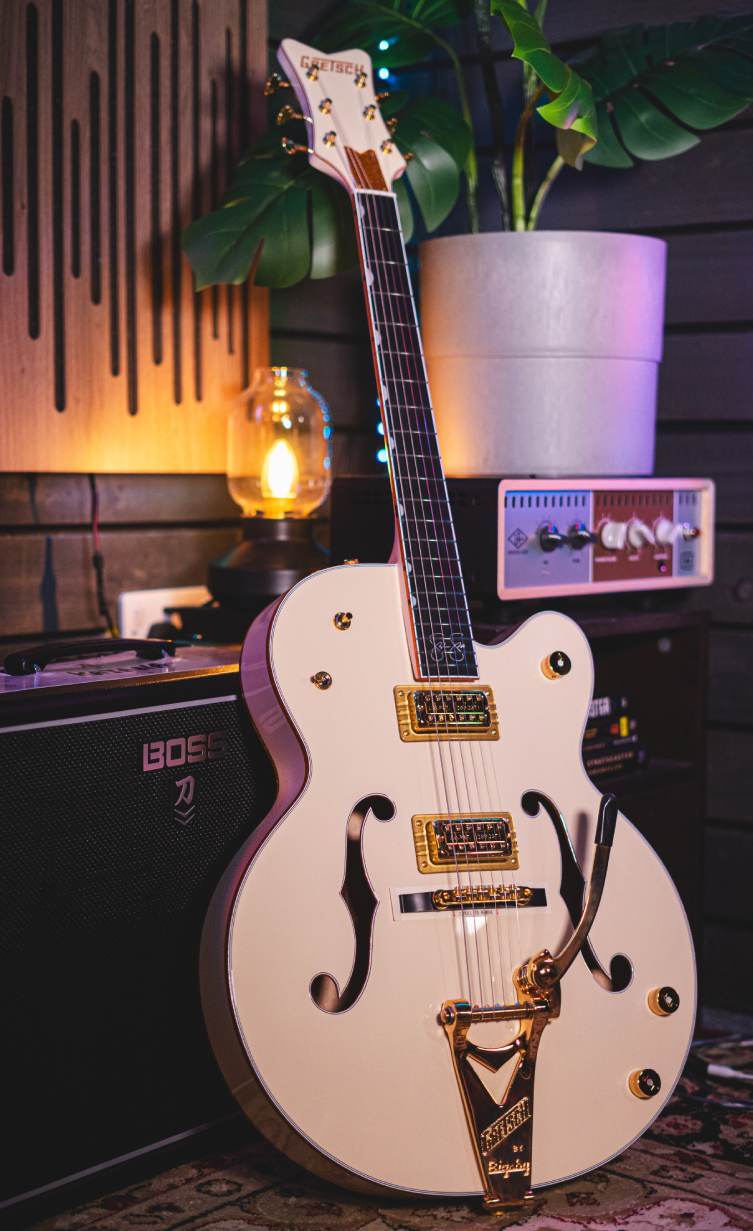
The List at a Glance
AC/DC - You Shook Me All Night Long
Reverend Horton Heat - Psychobilly Freakout
The Cult - She Sells Sanctuary
Tom Petty and the Heartbreakers - You Got Lucky
Duane Eddy - Peter Gunn
This riff has one of the hardest swaggers ever; you can just picture a lean, mean, lanky street tough slicking back his Greaser hair, taking a drag on his cigarette and pulling a switchblade from his biker jacket pocket. He’s out to make trouble and this Duane Eddy classic is his soundtrack. For this riff, grab a Gretsch G6120 and don’t even try to play it without wearing shades!
AC/DC - You Shook Me All Night Long
Malcolm Young is on chop-tastic form here, slashing his way through the verses like a rock ninja, pouring on the swing and groove. Everything you need to know about the fine art of rock rhythm guitar is on display here, making it a mystical tablet of teaching for all hard rockers.
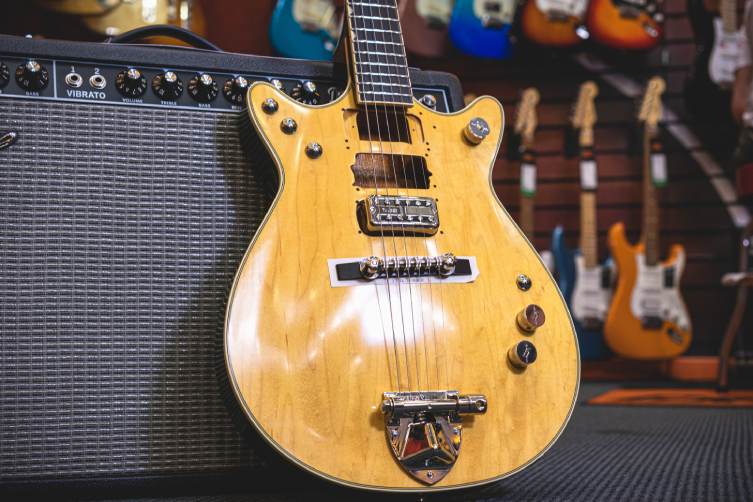
Brother Angus takes the lead, naturally, but Malcolm is the so-solid reckoner of rock here, with his clapped-out Gretsch Jet providing all the backbone and bad boy cool that is required for an ageless rock barnstormer.
Brian Setzer - Rock This Town
Brian and his Stray Cat gang are like a dayglo, cartoon take on the classic rockabilly. Their revival of that essential sound is a potent mixture of drive-ins, hotrods and big hair, all tied up in a Gretsch-shaped bow. Setzer is a killer player by anybody’s standards, but he also knows when to best lay down the law with a rhythm and a riff.
Reverend Horton Heat - Psychobilly Freakout
Let’s crank that rockabilly vibe up a notch into full-on psychobilly! Reverend Horton Heat is a serious guitar mangler, and his liquid-hot playing is proof that Gretsches can be shred machines after all!
The good rev has been out preaching his gospel of nuked-out psychobilly music for a good long while now, and his dedication to Gretsch has been unwavering. He’s another G6120 fan, but I daresay that all big-bodied Gretshes will supply you with that hot and mean Horton Heat tone!
Chet Atkins - Tahitian Skies
Chet Atkins is one of the original guitar heroes, a man who wrote the book on just what was possible on a six-string. He then ripped up and rewrote that book several times during a long career that took in playing sideman for Elvis, helped create the ‘Nashville sound’ on guitar and became a hero to other guitar heroes, amongst other things.
Chet always put melody in front of everything else, making his style accessible to all ears and his technique deceptively advanced. As you’ll have guessed by his inclusion here, Chet has a big Gretsch fan, and insisted on Filtertron pickups over the optional DeArmond models of the day. Sound thinking!
Soundgarden - Spoonman
Gretsches only occasionally venture into the harder rock genres, but Soundgarden’s Chris Cornell definitely knew when he was onto something special, and the album Superunknown has his Gretsch Jet all over it.
Almost every guitar part (apart from the solos) on this seismic record was played by Cornell using either his Gretsch or an old Jazzmaster. He had a singing voice like no other, but Cornell was also a gifted and quite unusual guitarist, making deft use of odd time signatures, multiple textures and plenty of off-kilter chordal voicings to stir together a strangely tasty sonic gumbo.
Soundgarden riffs are all a cut above, but let’s pick the breezeblock riffing of Spoonman as adequate proof of that sadly missed legend’s gigantic ability.
Bo Diddley - Hey, Bo Diddley
How many players can legitimately pull off playing a fully rectangular guitar? It takes a man cooler than even Billy Gibbons, and those don’t come around too often.
Bo Diddley was such a man, a man so full of riffs that they named an entire rhythm after him. Bo was one of those guys whose influence was perhaps even greater than his own career: he was big in his days but SO MANY people ripped off his vibe and sound that it is now - like Chuck Berry’s style - part of the general guitar vocabulary.
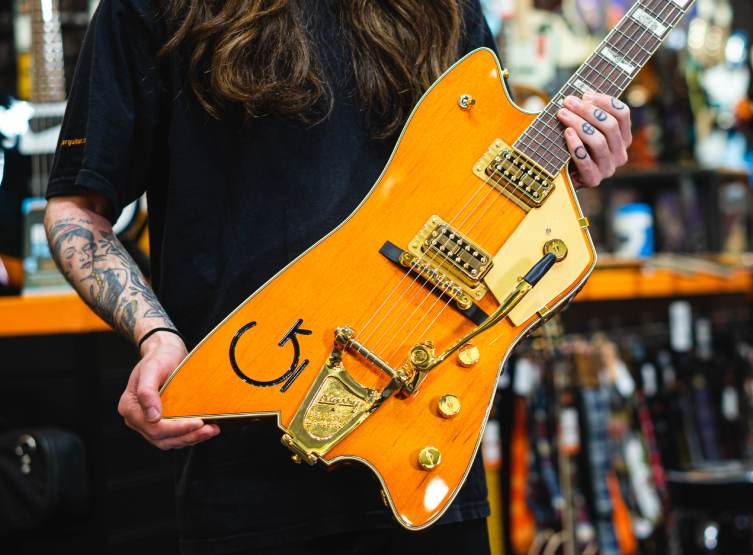
Show your appreciation by throwing out a few Diddly riffs on either his square Gretsch or his super-cool ‘Billy Bo’ Jupiter Thunderbird.
Stone Roses - Waterfall
The Stone Roses were one of those highly original bands who felt familiar in all kinds of ways but very much had their own sound and mystique. Chimey and euphoric instead of chunky and posturing, theirs was a rock sound informed by Merseybeat and ecstasy.
Guitarist John Squire filled the gap left by Johnny Marr when the Smiths imploded, and carved out colourful, crystalline shards of music from a number of guitars, most notably a Gretsch Country Gentleman. To call his guitar parts ‘heavenly’ is both laying it on thick and perfectly acceptable.
The Cult - She Sells Sanctuary
How many White Falcons were sold on the back of Billy Duffy’s righteous riffing? Duffy perfectly hit that mark in between alternative rock and swaggering stadium ‘rawk’, whilst always playing classy, memorable parts. As shape-shifting as the Cult (or Southern Death Cult as they were previously known) were, there was a very accessible and addictive quality to their best work, be it shamanic and mysterious or decorated in more primary colours, like the eternal hit She Sells Sanctuary.
Tom Petty and the Heartbreakers - You Got Lucky
Tom Petty was a Rickenbacker guy for sure, but his classy guitar-toting pal Mike Campbell brought a wide palette of guitars to the party. Not least were a large selection of Gretsches, including the delicious double cutaway G6120 used on You Got Lucky.
The Gretsch Appeal
As you can see from the above list, Gretsches do get about a bit. Despite being pretty specific looking (their beauty is half the reason people first pick them up, I think), they don’t seem to ‘belong’ to a genre in the way that, say, an ESP guitar would. Gretsches have a distinctive sound, but it appears to be one that can fit into a lot of different musical landscapes.
Have you tried a Gretsch with the music you make? If not, do you ever feel like you might be missing out?


